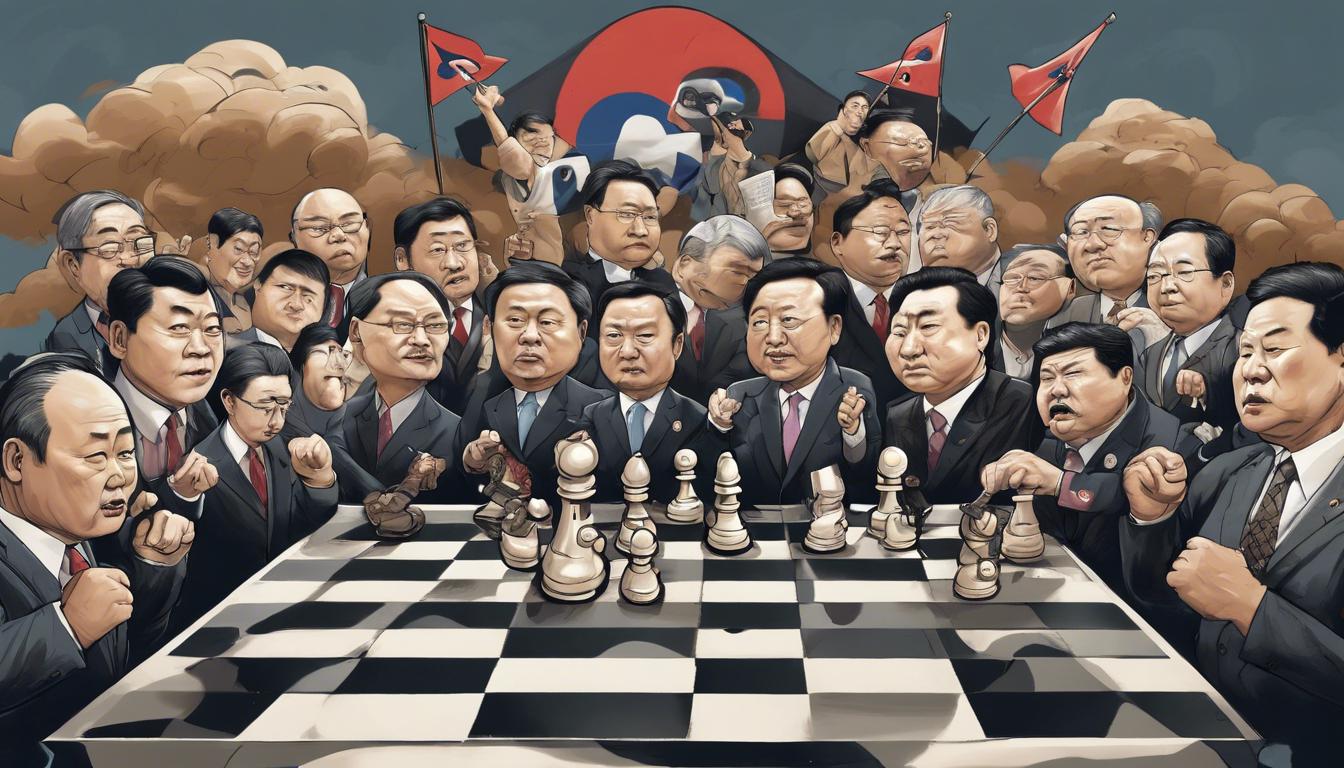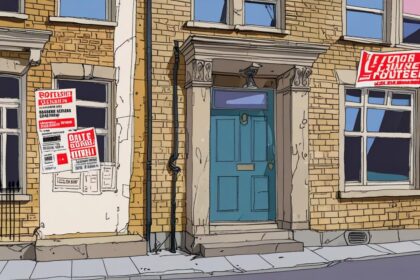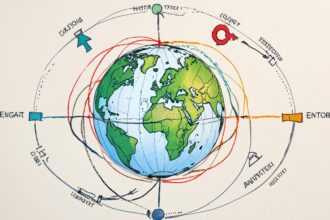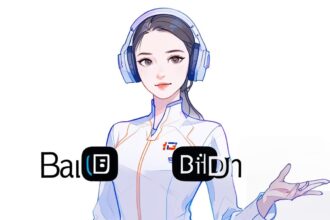In a decisive electoral shift, South Korea’s liberal Democratic Party of Korea gains a parliamentary majority, challenging conservative President Yoon Suk Yeol’s agenda and indicating public discontent with current administration policies.
In a significant shift in South Korea’s political landscape, the liberal opposition, led by the Democratic Party of Korea (DPK), achieved a landslide victory in the recent parliamentary elections. The DPK, along with smaller opposition groups, secured 192 out of 300 seats in the National Assembly, effectively reducing the influence of the conservative President Yoon Suk Yeol and his ruling People Power Party (PPP), which managed to win only 109 seats.
The election outcomes, which reflect widespread public dissatisfaction with President Yoon’s administration, have led to the resignation of high-level officials including the Prime Minister, Han Duk-soo, and the leader of PPP. The defeat is seen as a public judgment on President Yoon’s handling of various national issues, including economic challenges like food price hikes and a controversial doctors’ strike. The high voter turnout of 67% underscored the election’s significance and the public’s engagement with the issues at stake.
Former justice minister Cho Kuk, who had been convicted on corruption charges but became a critic of Yoon’s governance style, and his newly formed Rebuilding Korea Party also performed well, gaining 14-16 seats. This has enhanced the position of the left-wing alliance, enabling them to streamline legislative processes. Cho has been a vocal opponent of what he describes as a “prosecutorial dictatorship” under President Yoon and has found substantial support among voters who resonate with his call for political reform.
The election has equipped the liberal bloc with enough power to pass legislation but falls short of the super-majority required to override presidential vetoes or push through constitutional amendments. As a reaction to the election outcome, President Yoon has acknowledged the public’s verdict and pledged to focus on economic improvement and reform in state affairs. Meanwhile, DPK leader Lee Jae-myung has called for unity to address the country’s challenges and hinted at potential plans for a future presidential run.
The results from this parliamentary election not only indicate a possible shift towards liberal policies but also suggest that President Yoon might face challenges as a “lame duck” leader with limited legislative influence for the remainder of his term. This change marks a critical juncture in South Korean politics, with significant implications for the nation’s governance and international diplomacy.













